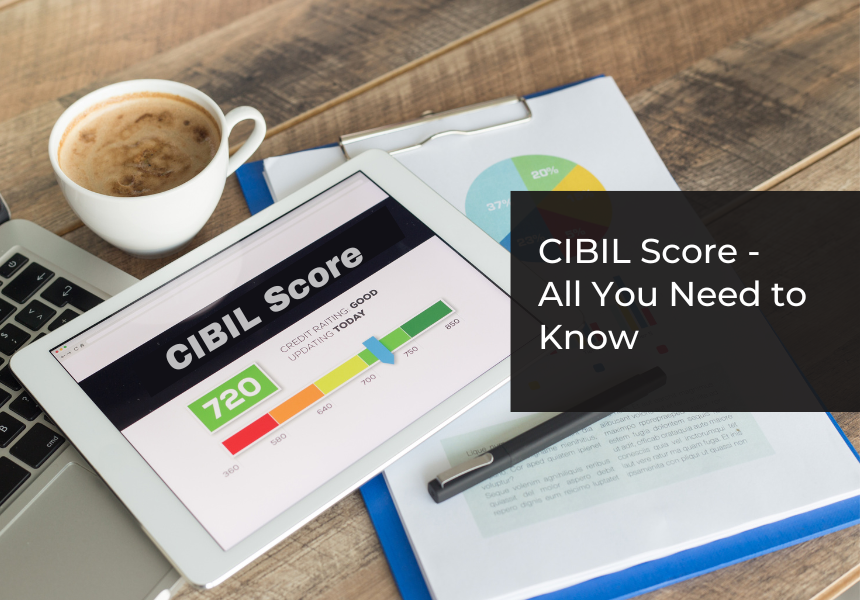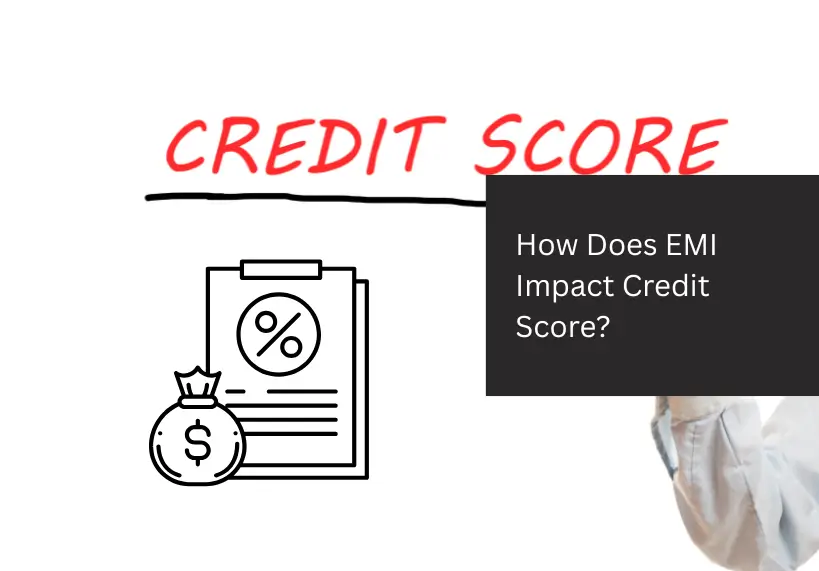
The CIBIL score is a financial indicator that plays a significant role in determining the applicant’s creditworthiness. It is a numeric summary that reflects a person’s credit history and repayment behaviour. Lenders, such as banks and financial institutions, rely on the CIBIL score to evaluate the creditworthiness of individuals before granting personal loans or credit facilities. Lower credit risk is indicated by a higher score, making it easier to access credit at more favourable terms. Factors such as timely bill payments, low credit utilisation, a diverse credit mix, and a longer credit history contribute to a good CIBIL score. Understanding the importance of maintaining a healthy CIBIL score can empower individuals to make informed financial decisions and improve their overall financial well-being.
Benefits of CIBIL Score
CIBIL Score is the credit score of an applicant, that’s calculated by the TransUnion CIBIL. It is an indicator of the creditworthiness of the borrower. Below are the benefits of a good CIBIL score.
Loan Approval
A good CIBIL score significantly increases the chances of loan approval. Lenders view a high score as an indication of responsible financial behaviour, making them more willing to grant personal loans at competitive interest rates and favourable terms.
Lower Interest Rates
A high CIBIL score can help negotiate lower interest rates on loans and credit cards. Borrowers with good credit are more likely to be offered favourable interest rates by lenders since they are seen as less risky and more likely to make their payments on time.
Faster Loan Processing:
With a good CIBIL score, the loan approval process becomes smoother and faster. Lenders prioritise applications from individuals with high scores, resulting in quicker loan processing and disbursal of funds.
Credit Card Approvals
Credit card companies often require a minimum CIBIL score for card approvals. A good score increases the likelihood of obtaining credit cards with higher credit limits and better rewards programs, enabling individuals to enjoy additional benefits and perks.
| CIBIL Score Range | Rating |
| 300-499 | Poor |
| 500-649 | Average |
| 650- 749 | Good |
| 750-900 | Excellent |
CIBIL Score Range
The CIBIL score can range from 300 to 900. An ideal CIBIL score is 750 and above. If your CIBIL score is below 750, it will be difficult for you to borrow funds from reputed banks and NBFCs.
How To Read Your CIBIL Report
CIBIL report is a comprehensive financial report that gives the idea about your financial wellness to the lender. Below are four main parts of your CIBIL report.
Credit Summary
The full details of your credit history can be found in this portion of the report. This section is divided into segments such as revolving accounts like credit cards, instalment accounts like personal loans, and vehicle loans, real estate accounts like home loans, loans against property and collection accounts.
Account History
This section has complete details about credit accounts, like the lender’s name, the borrowed amount, the account number, recent payments, the current balance, and the monthly record of your repayment.
Public Records
This section has both current and previous year financial blunders like bankruptcies. Lenders pay special attention to this section so that they have an idea about the borrower’s financial history.
Credit Inquiries
An inquiry happens each time a lender analyses your credit record. These enquiries are the result of your credit card or loan applications. Therefore, a prospective lender might notice several credit queries on your credit reports and analyse whether you’ve recently made any loan requests.
Conclusion
The CIBIL score holds significant importance in the world of finance and credit. It serves as a reliable indicator of an individual’s creditworthiness and impacts their ability to secure personal loans, negotiate favourable terms, and access various financial opportunities. By maintaining a good CIBIL score through responsible financial behaviour, individuals can enjoy the benefits of lower interest rates, faster loan processing, and increased negotiating power. Understanding the factors contributing to a good score empowers individuals to make informed financial decisions and improve their financial health. Monitoring and actively managing one’s CIBIL score can pave the way for a brighter financial future.








